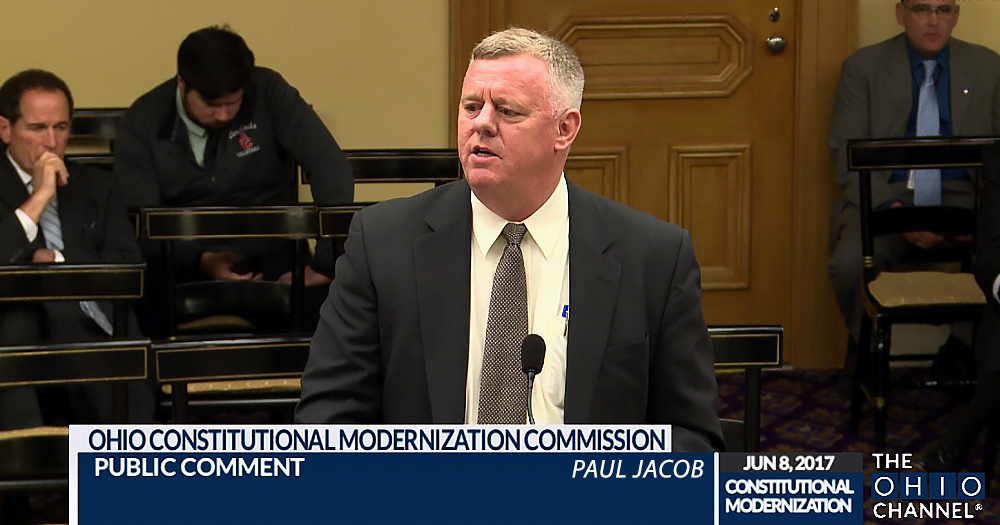North Dakota faces a serious problem: The Mob.
“The point of being a republic is so that Mob doesn’t rule,” warned Chris Berg, host of Point of View on Fargo, North Dakota’s Valley News Live. “If you live in a true democracy that’s where Mob can rule.”
Berg called citizens petitioning issues onto the ballot for a vote “a mob-rule system … that allows us to change the actual constitution of our state.”
Not sure which constitution one might work to amend except for the “actual” constitution. But I do see a clearly articulated concern with mob rule.
“A republic, my folks, is what we live in,” continued Berg, juxtaposing the ballot initiative process as “a pure democratic system.”
But ballot measures are no more pure democracy than are acts enacted by the legislature. Both can be challenged and overturned if they violate constitutional rights.
The focus of Berg’s anti-initiative worry is Measure 1, an ethics amendment passed last November and derided by Berg as “a bunch of Hollywood money to change North Dakota.”
True, Measure 1 did receive support from folks outside North Dakota, including groups supported by Hollywood stars.
Those financial backers were well known to North Dakotans, 54 percent of whom voted for the measure.
And freedom means the right to associate with fellow Americans across state lines.
Responding to Berg, Dustin Gawrylow, managing director of the North Dakota Watchdog Network, said the citizen initiative process was “the best way to keep legislators honest and in tune with the people.”
After all, without “a way for the people to actually set the rules for lawmakers,” the people would be ruled by … the capitol mob.
This is Common Sense. I’m Paul Jacob.

—
See all recent commentary
(simplified and organized)








